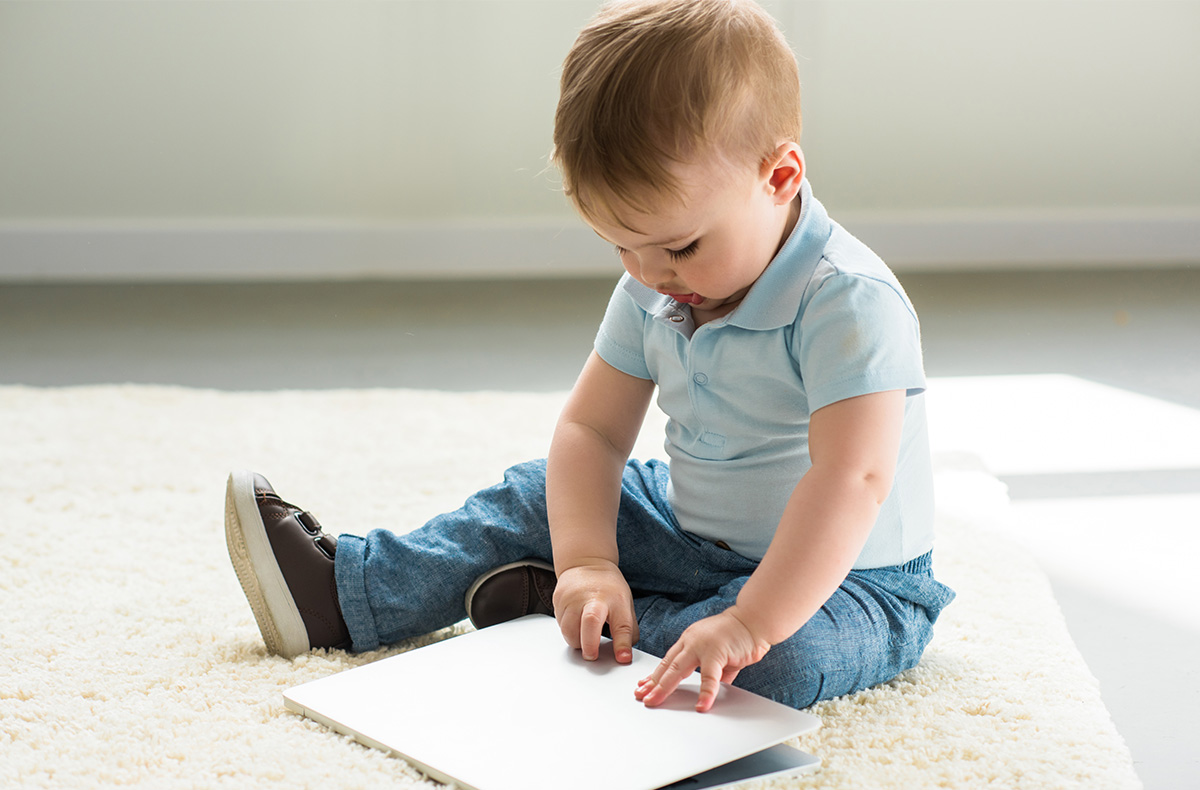As babies enter the important 6-to-12-month period, it may seem like they’ve already decided to only communicate via crying for the rest of their lives. Fear not, however, as a fun phase is rapidly approaching. This is a time when the crying usually only occurs for emergencies (though for babies this can mean being hungry or sleepy), and a wide variety of other fun vocalizations and sounds emerge.
Exploring Vocal Discoveries
Between 6 and 12 months, babies embark on an exciting journey of exploration and vocal discovery. They make their best efforts to copy sounds, but also invent many of their own. The babbling stage kicks into high gear as infants delight in experimenting with an array of sounds – from clicks to raspberries to even unexpected growls and squeaks. Parents may find themselves amused, if not a bit startled, by the bizarre symphony coming from their little ones. These odd sounds are in fact quite normal and should be encouraged, no matter how unsettling they may be.
Mimicking Sounds and Gestures
As babies observe the adults around them, they begin to grasp the significance of mouth-produced sounds and eagerly attempt to mimic them. While they may not have mastered verbal communication just yet, they are doing their best to copy not just words and sounds, but gestures as well. You’ll likely see more things like pointing and head shaking to convey their desires, sometimes with remarkable insistence and duration. Some parents have to physically stop their babies from shaking their heads “no” or nodding, but as long as the child is playing and not hurting his or her neck, it’s usually just a weird bit of experimentation.
It’s important to note that babies are often trying to copy things exactly as they see and hear them, so make sure you watch your own language and music or TV shows they’re exposed to unless you want your little one trying to repeat a dialogue verbatim. A foul-mouthed baby may be funny a few times, but can quickly turn into an embarrassing issue for parents.
As an example of just how much babies copy adults, they’ll sometimes wave bye-bye with their hand facing backward. This looks odd and uncomfortable, but makes perfect sense to the child. They’re simply replicating what they see – a palm facing them.
Grasping Simple Words and Gestures
Around the 9-month mark, infants may start to associate simple words like “bye-bye” and “milk” with their corresponding actions or objects. While they may recognize their names, true understanding of personal identification is still in the developmental pipeline. Moreover, babies begin to pick up on tones, especially the emphatic “No!” which usually signifies potential danger.
Importance of Early Literacy Exposure
Reading to babies becomes an increasingly valuable activity during this period. Surprisingly, infants may show keen interest in books long before comprehending the words within. Early exposure to language and literacy lays a crucial foundation for future language development, as well as creating a nice parent-child bonding time.
Encouraging Language Development at Home
During this stage, parents can encourage language development by engaging in conversations with their infants, narrating daily activities, and responding to their attempts at communication. Additionally, providing a language-rich environment, such as by singing songs, playing with toys that make sounds, and interacting with other children, can further support language acquisition.
Screen time may seem like a great way to expose your child to more vocabulary, but studies have actually shown the contrary. Increased “passive screen time,” meaning a child watching videos or shows by himself for an extended period of time, actually led to a decrease in language development. There is a time and a place for educational and entertaining videos, but a phone or tablet shouldn’t be used to soothe kids or as a babysitter, especially at this young stage.
Milestones and Variability in Language Development
While some babies may speak their first word around 12 months, it’s essential to note that this milestone isn’t a strict benchmark. Children develop at their own pace, and the journey of language acquisition is as diverse as it is fascinating.


